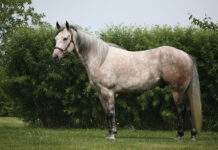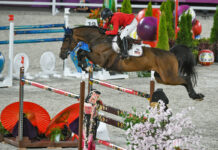 Just like other equines, donkeys need regular dental care to prevent pain and difficulty
Just like other equines, donkeys need regular dental care to prevent pain and difficulty
eating. Because of donkeys stoic nature, they often will not demonstrate symptoms of pain,
which means owners must be proactive with dental care.
everything a donkey owner needs to know about dental care for their animals. The pamphlet
can be downloaded for free from www.thedonkeysanctuary.org.uk/donkeycare
Horse owners sometimes notice dental problems when their horse develops problems wearing a
bit. Since many donkeys never wear a bridle, donkey owners must watch for other signs that
indicate tooth problems. These are some of the signs outlined by The Donkey Sanctuary.
- Difficulty chewing. A donkey with tooth problems may tilt his head or spill grain as he
chews, or he may drop balls of hay that he is unable to chew well enough to swallow (this
is known as quidding.) - Bad breath. In the case of gum disease, food matter collects around the teeth and begins
to rot, causing a strong odor. This can lead to infection and abscess. - Nasal discharge. Milky white, yellow or green discharge occurs when there is an
infection. When this occurs along with swellings in the face, it may be an infected tooth
root. Nasal discharge may also indicate a respiratory infection. - Undigested feed in manure. If you notice whole grains or long strands of hay in your
donkey’s manure, this may indicate that he is unable to grind his feed sufficiently. - Colic. Colic in donkeys may be caused by dental issues.
- Inability to eat. If your donkey is unwilling or unable to eat, or if he has dropped
weight, it may be the result of dental disease.
In many cases, donkeys display no symptoms and may even appear healthy or fat, so regular
dental care should always be a component of a donkey’s routine health care regimen. Just
like horses, all donkeys should have their teeth checked annually. Young and senior
donkeys should be checked twice a year.
For more information on donkey care, visit www.thedonkeysanctuary.org.uk/donkeycare
Further Reading
Avoiding Dental Problems
Dental Issues in the Senior Horse







Glad to see this. Hope it will help lots of donkeys!
Good reminder. Cute photo.